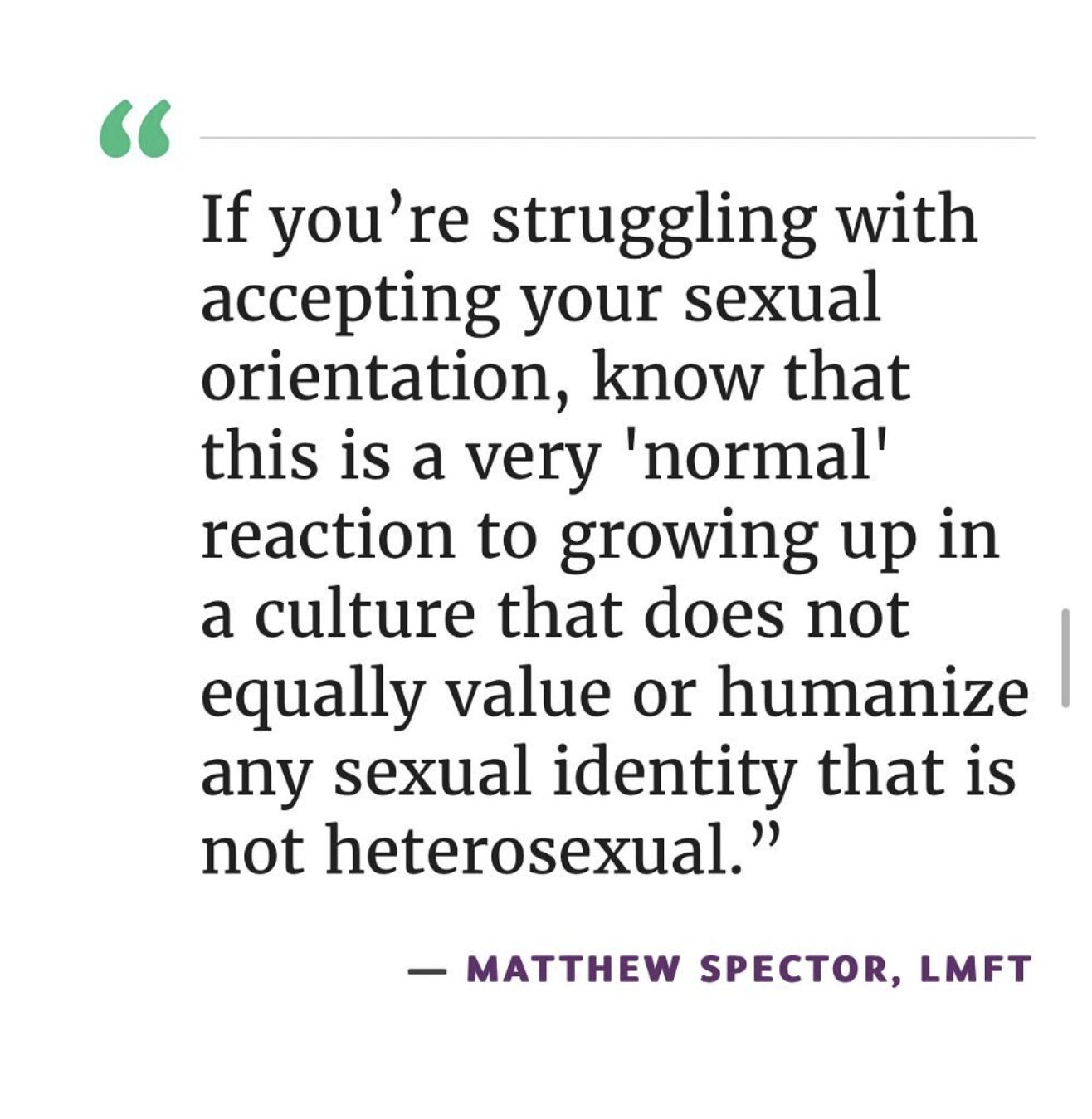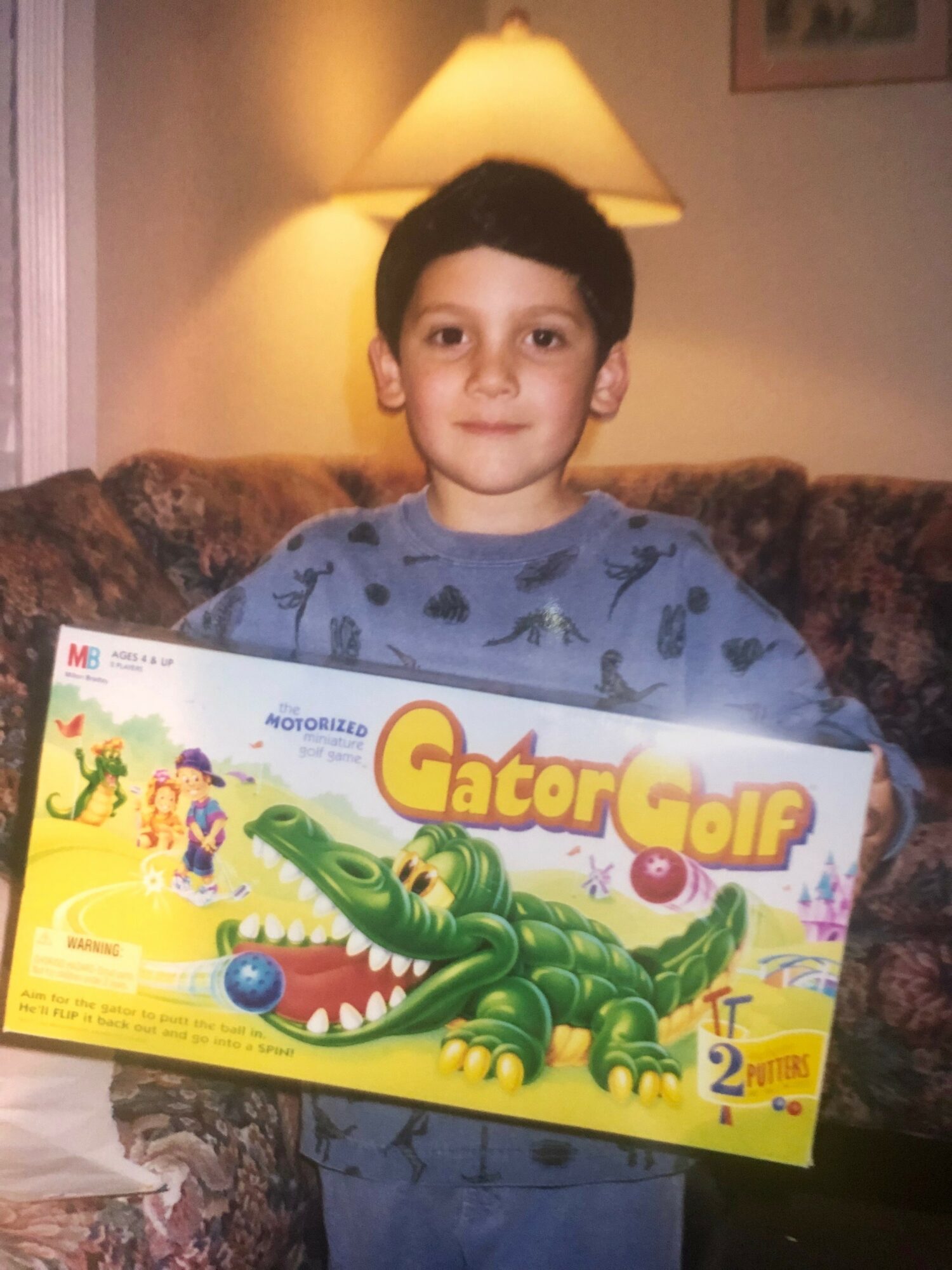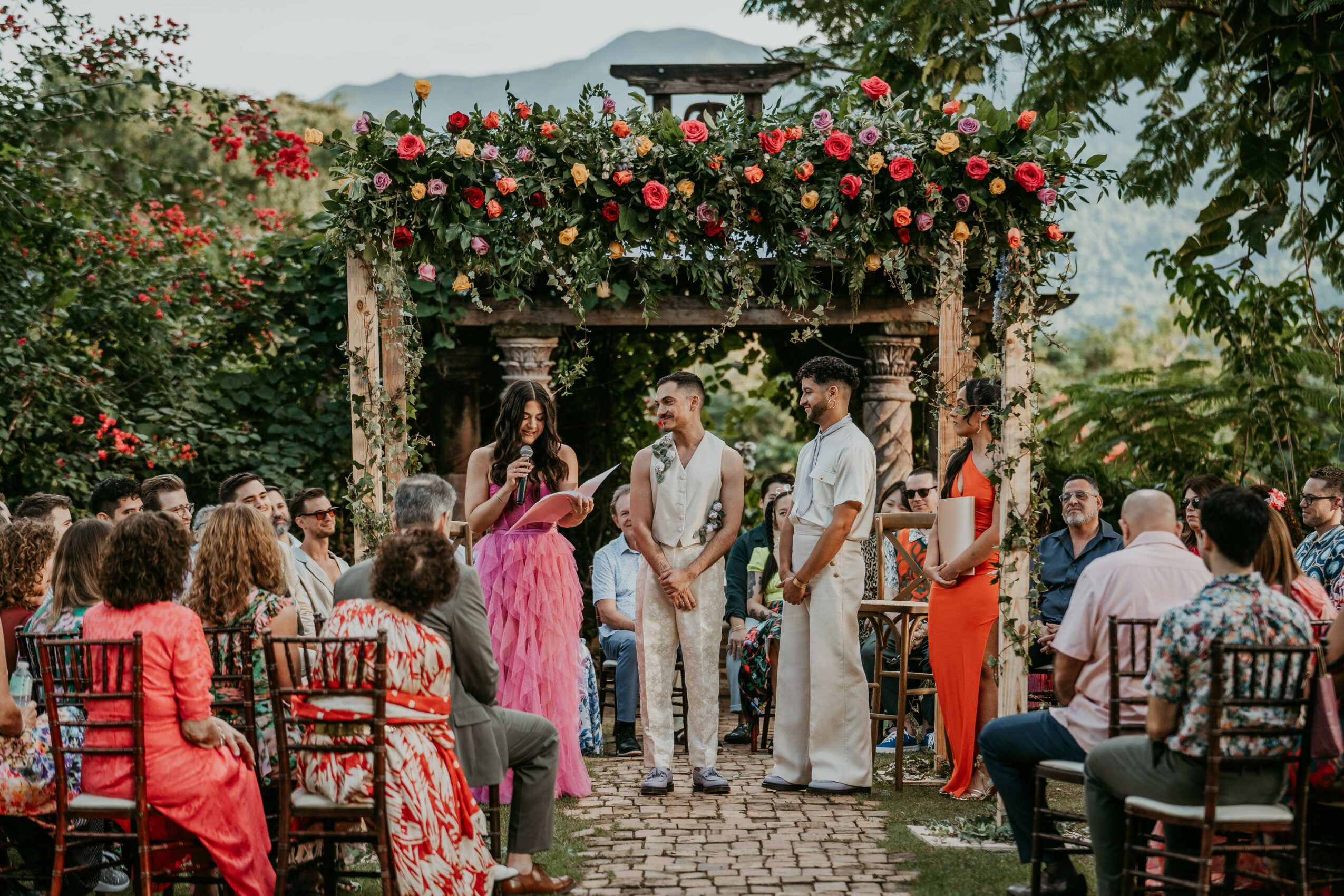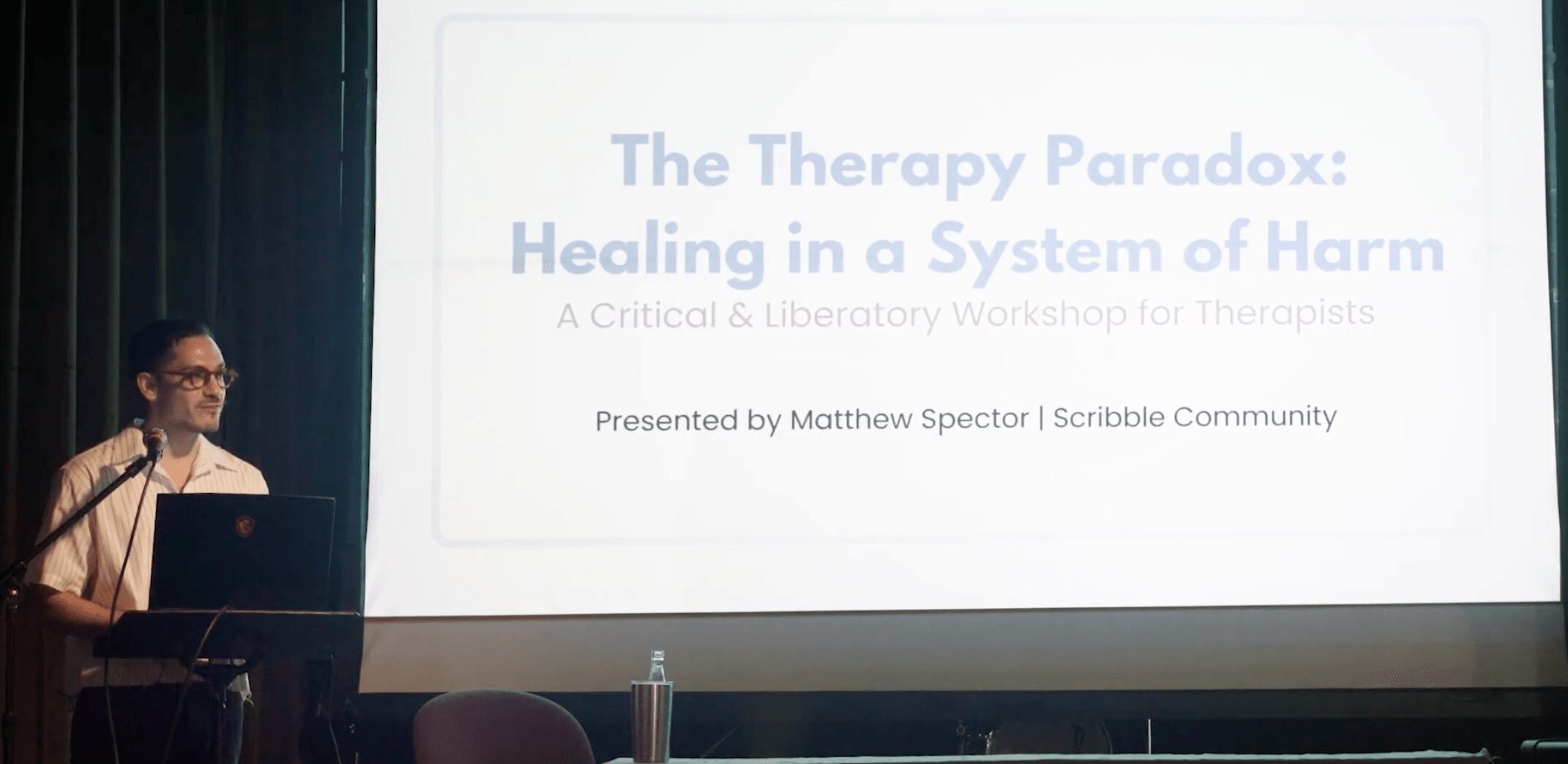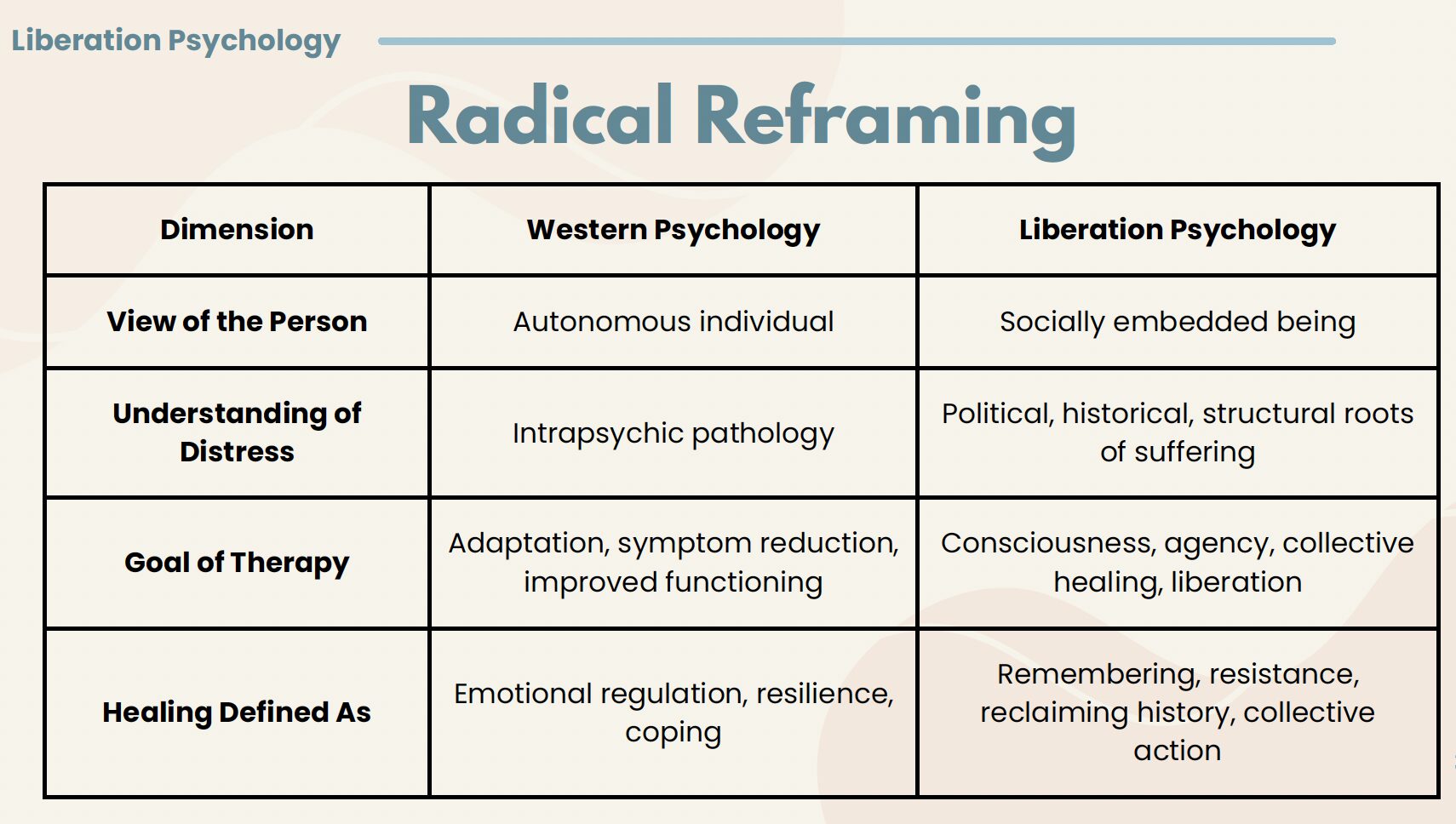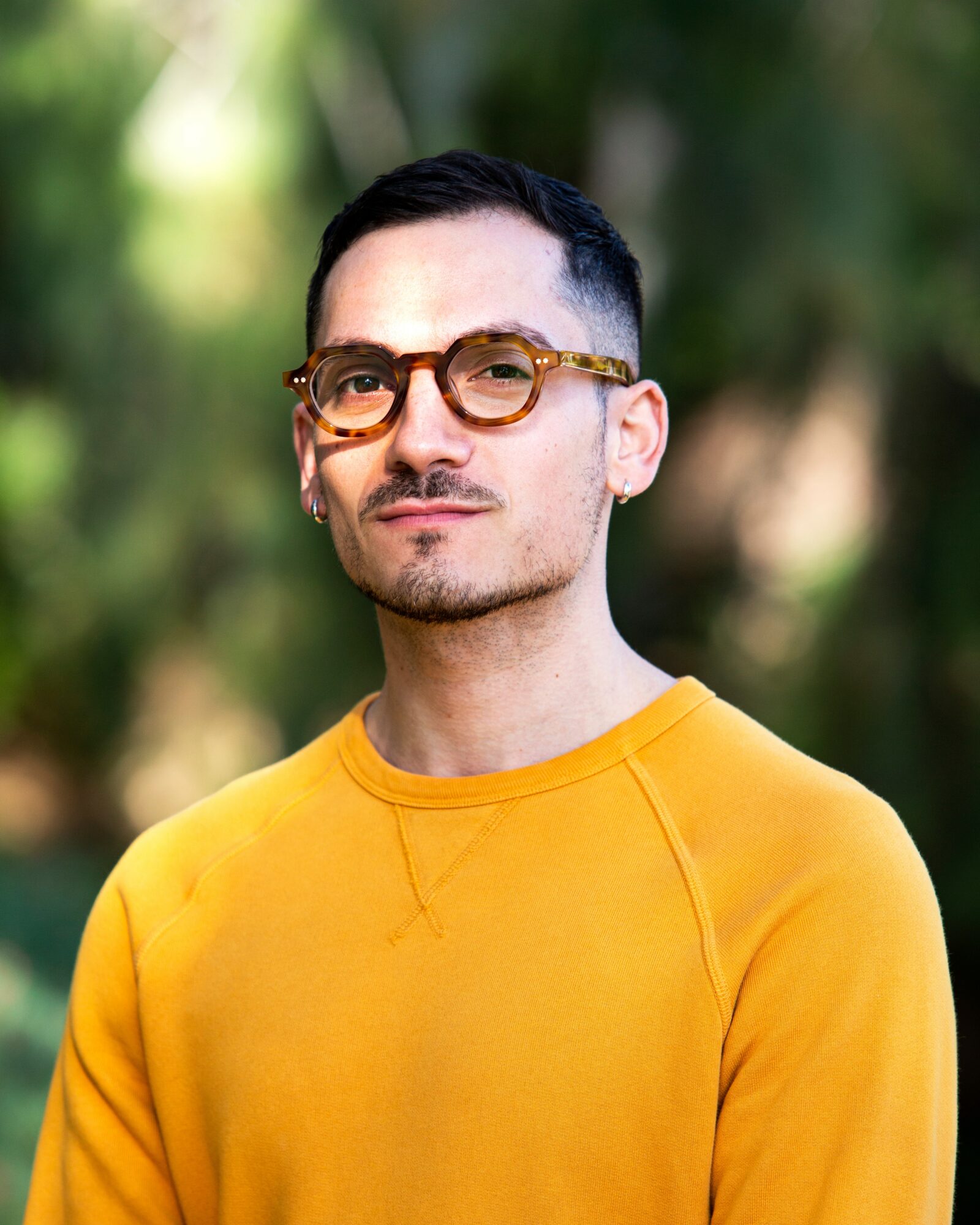

Today we’d like to introduce you to Matthew Spector.
Hi Matthew, thanks for joining us today. We’d love for you to start by introducing yourself.
I was born and raised here in LA, the son of two parents, a younger brother to my sister, and the baby of my extended family. From as far back as I can remember, I’ve had a deeply imaginative and complex inner-world which often felt overwhelming and, at times, isolating. As a kid, I often wished I could be the carefree one on the playground, but in truth, I was more sensitive, self-conscious, and perceptive than many of my peers. I was often told by adults that I was “wise beyond my years,” something that stuck with me, almost like a tattoo, as I continued on through childhood. I was privileged to have loved ones who tried to honor my sensitivity, yet no amount of care could fully protect me from a culture that equated “sensitive”’ with “weak” or “weird.”
As feelings of differentness echoed through me during adolescence, brought to the fore by the realization of my budding queerness, I developed a deep desire to relate to others and find community and acceptance outside of myself. Along the way, I made connections with peers—many of whom are now lifelong friends—that shaped so much of who I am today.
I entered college studying to become a journalist, finding an outlet for my curiosity in writing and my yearning for belonging in observation. After a few semesters, prompted by the many years of experience I had in personal therapy and the conviction I felt in its value, I made the decision to pivot to studying psychology in hopes of helping people navigate their inner-terrain in the same way I’d been.
When I completed my undergraduate program, I felt like I needed some time away from formal education before going on to pursue a master’s degree. After about two years of personal growth, traveling, and dabbling in different types of work like political organizing and public relations, I decided I was ready to dive back into my educational journey and finish what I’d started. My therapist at the time recommended Antioch University Los Angeles, specifically their LGBTQ+ Affirmative Psychology specialization—the only of its kind. After enrolling, at the age of 24, it soon became clear the program wouldn’t just be a professional training, but a bootcamp in the intricacies of life.
Beyond the development of my therapeutic style and approach, graduate school and the subsequent 5+ years of clinical work has afforded me a depth of understanding of self and society that’s become central to my personal ethos. Because of this, my path toward becoming the therapist I am today and the human I am today are not separate, but inextricably linked. For instance, at the same time I was gaining specialized scholarship in topics related to LGBTQ+ identity development, I simultaneously found community with other queer folks for the first time. Similarly, while I was in the process of studying how to help others navigate the chaos and beauty of intimate relationships, I myself embarked on the most important relationship of my life with my now husband. So, the story of how I became a therapist is inseparable from the story of how I became, and am still becoming, myself. Both are still unfolding, and both are rooted in the same values: authenticity, community, and the belief that what makes us different is also what makes us essential.
Each step I’ve taken, including plenty of missteps, has brought me closer to a life centered on connection, curiosity, and care. And while I’ve grown into the therapist I once needed, I see this less as an endpoint and more as the beginning of a lifelong practice of learning, growing, and walking alongside others.
We all face challenges, but looking back would you describe it as a relatively smooth road?
I wouldn’t say smooth. More like winding—full of zig-zags and spirals. Like so many of us, my teenage and young adult years were an amalgamation of adventure, discovery, pain, and longing. I think at some point along the way, I just completely lost myself trying to fit in. Because I felt so isolated as a kid, as the years went on, I probably would’ve done almost anything if I thought it would lead to me being liked. I feel almost embarrassed saying that, but it’s true.
So, looking back, I unknowingly sacrificed my own authenticity for the sake of being accepted. What I created then was a sort of “false self” that led to me appearing “ok” on the outside but, in actuality, left me completely empty on the inside. This created all sorts of difficulties—with food, my body, relationships, etc. And I’m still in the process of mining back what I buried, of unlearning the harmful messaging I received as a kid that somehow told me I needed to be anything but myself. I feel grateful today to be where I am and have what I have, but it has certainly not always been easy.
I want to say that, tragically, I think this sort of severing of self happens to a lot of queer people growing up. Whether we want to admit it or not, we’re still raised in a deeply discriminatory society that is very clear in how it perceives anyone who doesn’t look a certain way, act a certain way, or follow along with the status quo. As children, many of us internalize this and, out of survival, start to dissociate from our bodies and sense of selves. Even if our caregivers are relatively affirming, which can surely help, no amount of individual support can make up for the deprivation and prejudice we experience at the hands of deeply embedded social ideologies and systems.
These systems of oppression most dangerously impact black and brown queer people and trans folks, due to the compounding harms of racism, classism, and patriarchy. Being cis and having been racialized as white in this country, while I can’t personally relate to the full breadth of experience people of color and trans people navigate, I’m in solidarity in the struggle to dismantle these systems that, although disproportionately, harm us all.
Thanks for sharing that. So, maybe next you can tell us a bit more about your business?
I started my private practice back in 2023. I see clients both virtually and in-person at my office in Silverlake. Because of my lived experience and specialized training in queer psychology, I feel deeply passionate about supporting people in understanding how growing up in a heteronormative, white supremacist, patriarchal, capitalist society shapes our inner-world. While I see individual adults and couples navigating a wide range of experiences, some common themes include relationship concerns, identity development, existential fear, relational trauma, self-worth, life transitions, burnout, grief, and oppression. No matter who I work with, I always have the aim of collective liberation in mind, meaning I do my best to understand their distress not as intrapsychic pathology, but as a result of historical, political, and structural suffering. To me, true “healing” isn’t defined as emotional regulation, resilience, or coping, but resistance, empowerment, and collective action.
I view the relationship I have with clients as a collaboration. As we connect with one another as fellow human beings navigating life, I pose questions, offer insight, and reflect my own interpretations of their experience. I make it a point to create a flexible space where my words aren’t taken as fact, but as jumping off points. I believe everyone is the expert of their own lives and I aim to help people define and express their unique identities.
For obvious reasons, I have a particular passion in supporting fellow “big feelers of feelings” navigate the world around us & and in helping them learn how to cultivate their sensitivity as a strength and superpower. I’ve found that my own Piscean nature helps me journey alongside folks as they learn (or re-learn) how to dive in, swim, and recognize their individual selfhood even when the waters get deep & murky. I’ve found that helping others navigate boundaries—while also holding space for the very real pain many of us feel around them, is a large part of what I do.
In addition to my therapy practice, as I’ve become more and more aware of the harm individualized approaches to mental health can perpetuate, I’ve found myself slowly expanding into other types of work within the field. Back in August, I led a workshop for therapists at Scribble Community, a nonprofit counseling center and community events venue in Highland Park. The workshop, titled “The Therapy Paradox: Healing in a System of Harm” invited therapists to critically examine the field of psychotherapy, lifting the veil on the field’s complex—and at times contradictory—role in both upholding systems of power and offering pathways to liberation. I’m very proud of how it turned out and hope to provide similar offerings in the future. I’m also excited to soon begin supervising early career clinicians at Scribble and, this January, to return to Antioch University—where my therapist journey first began—as a course instructor.
If you had to, what characteristic of yours would you give the most credit to?
I’d say it’s my ability to mix earnestness with goofiness. I care deeply about people’s inner worlds, and I bring a lot of sincerity and intention to my work—but I also know that we’re human, and sometimes the best way to connect is through a laugh, a bit of playfulness, or not taking ourselves too seriously. I think that balance lets people feel both my genuine care and my humanity. It helps build trust, and it makes space for lightness even when we’re exploring heavy things. Honestly, it’s the combination of the two—heartfelt and a little silly—that allows me to do the work in a way that feels sustainable and real.
Contact Info:
- Website: https://MatthewSpectorTherapy.com
- Instagram: http://instagram.com/matthewspectortherapy
